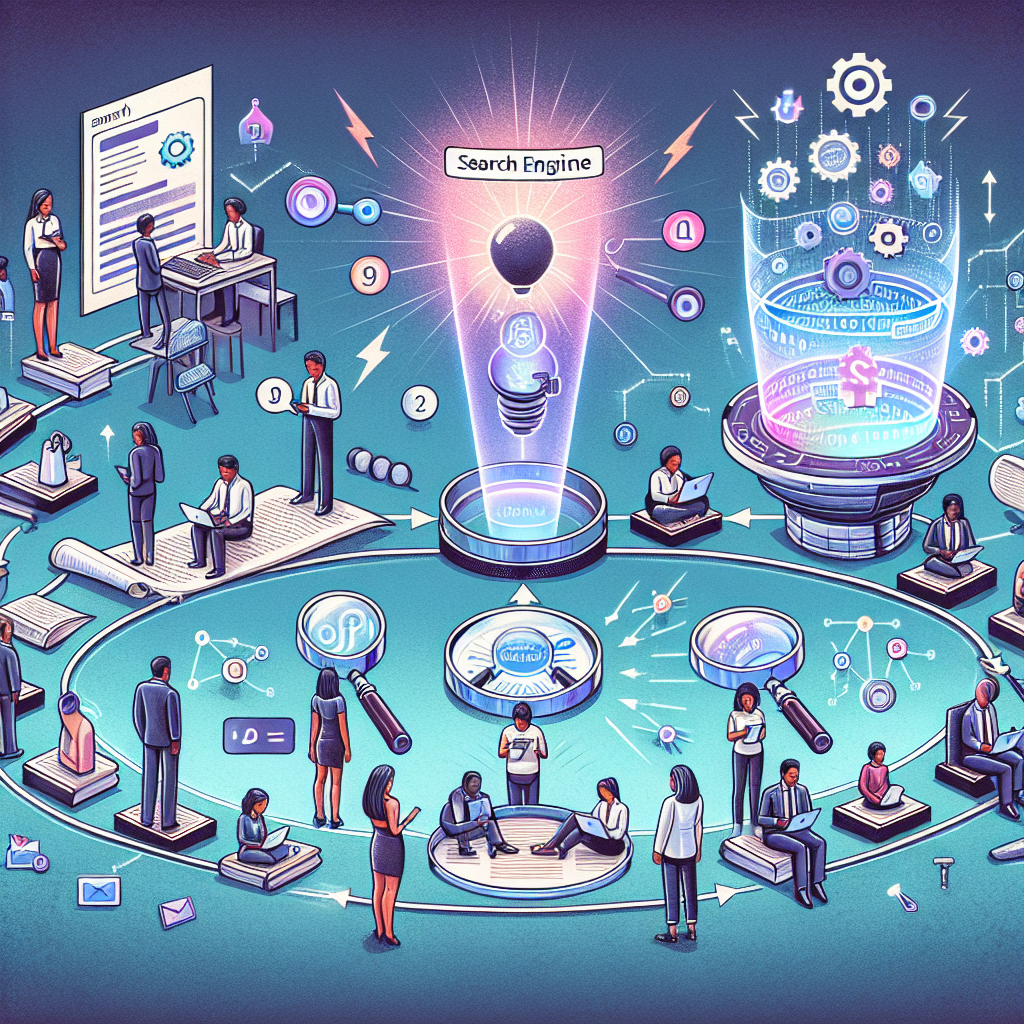Artificial Intelligence (AI) is no longer a distant concept reserved for cutting-edge research institutions and tech firms. Today, it has seamlessly integrated into our daily lives, particularly through mobile applications. These apps enhance convenience, efficiency, and productivity, transforming mundane tasks into streamlined processes. This article explores various categories of AI-powered applications and their impact on our daily routines.
1. AI-Powered Personal Assistants
1.1 Overview of Personal Assistants
AI personal assistants like Siri, Google Assistant, and Amazon Alexa use natural language processing to understand and respond to user queries. They can perform tasks such as setting reminders, making calls, and providing updates on weather and news.
1.2 Benefits
- Voice Activation: Hands-free operation for multitasking.
- Task Management: Efficient scheduling and reminder systems help users organize their day.
2. Smart Communication Tools
2.1 AI in Messaging Apps
Apps such as WhatsApp and Slack have integrated AI features like chatbots and smart replies that help manage communication efficiently.
2.2 Advantages
- Quick Responses: AI can generate recommended replies based on conversation context.
- Customer Support: Automated responses can address common queries, freeing up human agents for complex issues.
3. Health and Fitness Applications
3.1 AI in Health Monitoring
Wearable technology and fitness apps like MyFitnessPal and Fitbit use AI to analyze user data, offering personalized recommendations for exercise and nutrition.
3.2 Impact on Health
- Personalized Plans: Tailored fitness regimens based on user performance and goals.
- Real-Time Monitoring: Data analysis helps identify health issues promptly.
4. Finance Management Apps
4.1 Overview of Financial Tools
Applications like Mint and personal finance management tools employ AI algorithms to analyze spending habits and manage budgets.
4.2 Benefits
- Expense Tracking: Categorizes expenses to provide insights into spending patterns.
- Automated Savings: Suggests saving strategies based on income and expenditure behavior.
5. Travel and Navigation Assistance
5.1 AI in Travel Apps
Apps like Google Maps and Waze leverage AI for real-time traffic analysis, route optimization, and travel recommendations.
5.2 Advantages
- Live Updates: Provides users with current traffic conditions and alternative routes.
- Personalized Recommendations: Tailors trip suggestions based on user preferences and history.
6. Smart Shopping and Recommendations
6.1 AI in E-commerce
Retail apps such as Amazon and eBay utilize AI algorithms to enhance the shopping experience through personalized recommendations and dynamic pricing.
6.2 Impact on Shopping
- Enhanced User Experience: Learns user preferences to suggest products they are likely to buy.
- Price Comparison: AI analyzes data to find the best deals available across platforms.
7. Education and Learning Apps
7.1 AI in Educational Tools
Applications like Duolingo and Khan Academy use AI to create adaptive learning experiences that cater to individual progress and understanding.
7.2 Benefits
- Personalized Learning Paths: Adjusts content difficulty based on student performance.
- Real-Time Feedback: Provides prompt solutions to help learners correct mistakes.
8. Creative Tools and Content Generation
8.1 AI in Creativity
Apps like Canva and Adobe Spark incorporate AI-driven features to assist users in creating graphics, videos, and written content with ease.
8.2 Advantages
- User-Friendly Design: AI tools guide users in creating professional designs without extensive knowledge.
- Content Suggestions: Offers contextual prompts to enhance creativity.
9. Privacy and Ethical Considerations
9.1 Data Security Concerns
As apps collect vast amounts of personal data, concerns about privacy and data security continue to grow.
9.2 Ethical AI Use
Developers face the responsibility of ensuring transparency and fairness in AI algorithms, especially in sensitive areas like finance and healthcare.
Conclusion
AI in everyday applications continues to evolve, fundamentally altering how we manage our daily tasks. From personal assistants and health trackers to financial management tools, the influence of AI is profound. While the benefits of these advancements are undeniable, ongoing discussions about privacy and ethical considerations are essential to ensure responsible AI usage. As we embrace these innovations, the future holds even greater promise for transforming our routines, making life not just easier but also more enjoyable.
[ad_2]If you’re fascinated by the transformative role of AI in our everyday lives, you might also be interested in exploring some related topics. Speaking of personal assistants, learn more about the technological behind-the-scenes in the Artificial Intelligence Virtual Assistant article. For those intrigued by AI’s role in travel, the Intelligent Transportation System page provides a comprehensive look at advanced travel technologies. And if the impact of AI on shopping captivates you, delve into the world of Recommender Systems to understand how your shopping experiences are being personalised. Additionally, the Ethics of Artificial Intelligence article offers valuable insights into the ethical discussions surrounding AI advancements. Exploring these resources will deepen your understanding of the current and potential impacts of AI across various sectors.





